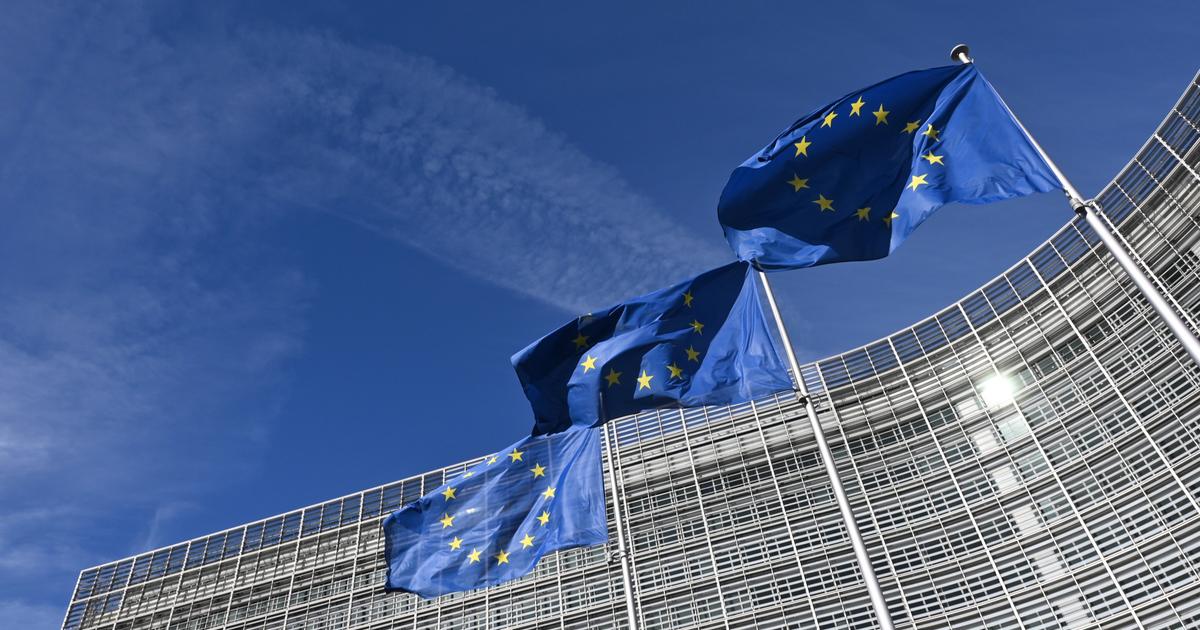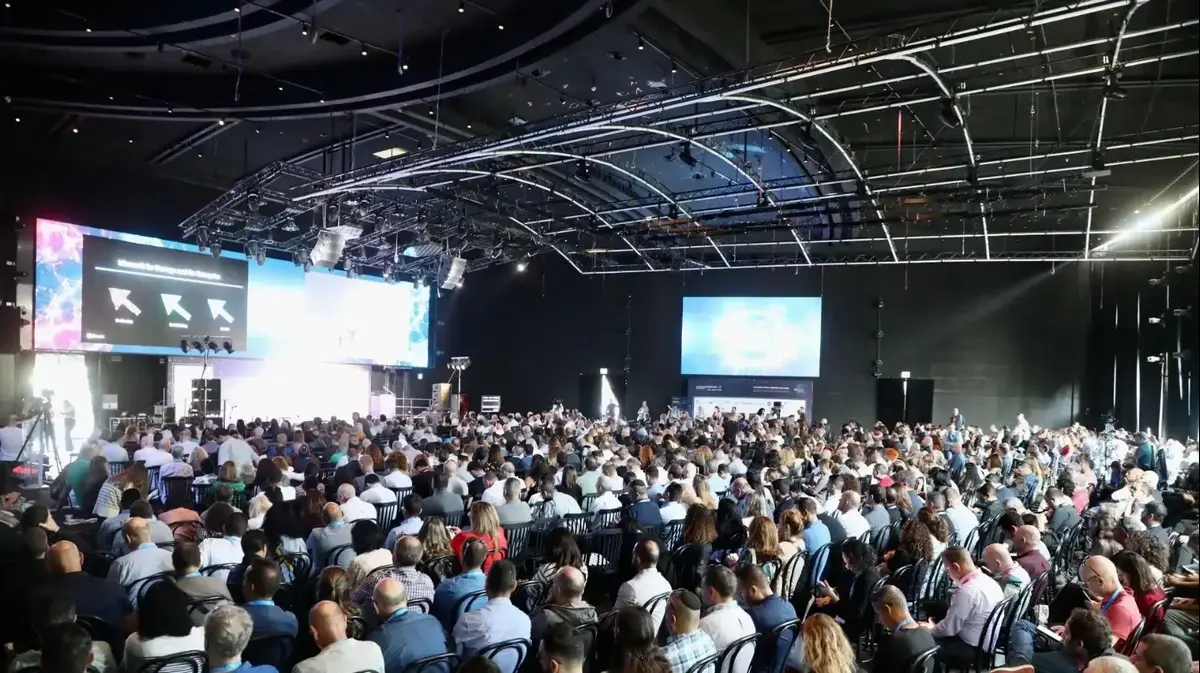Antoine Duboscq, entrepreneur, is president and founder of
AdVentures
, a “start-up studio”, and of WIMI, a collaborative work software.
To discover
Michel Houellebecq: "A civilization which legalizes euthanasia loses all rights to respect"
After a long eclipse in our country, the call for sovereignty is making a spectacular comeback.
The health crisis is obviously not unrelated to it.
She played like a revealer.
Revealing our technological, industrial, logistical and medical dependencies.
Revealing our naivety.
Above all, revealing of a stall in the concert of nations that matter… And consequently of an emergency for our freedom.
Since the spring of 2020, put off to note that our digital tools (platforms, data hosts, search engines, operating systems, etc.) are almost never stamped “
Made in France
”, worried about the hexagonal powerlessness in updating point of latest generation vaccines, we have heard multi-faceted calls for sovereignty: reindustrialisation, relocations, short circuits and promotion of local, flowering of labels and sectors encouraging French excellence.
Sovereignty is everywhere: food, energy, strategic, health or even digital.
We are rediscovering that innovation, technological mastery, the spirit of scientific and industrial conquest form the basis not only of the power and prosperity of nations, but also of their freedom and security.
Today, world peace and our vital interests are caught in another clash of titans, one between the United States and China for global domination.
Half a century ago, at the initiative of General de Gaulle, tireless herald of national sovereignty, France acquired the atomic weapon, a capital instrument for its independence and its influence.
Having acquired the mastery of a complete arsenal of vectors (SSBN submarines, planes, missiles), it has become one of the (very) rare nuclear powers in the world.
This strategy was conducive to our influence in the world and our energy independence.
It gave our economy a competitive advantage and formed the basis of internationally recognized expertise, paving the way for numerous and fruitful industrial outlets.
Today, world peace and our vital interests are caught in another clash of titans, the one between the United States and China for global domination where each country is summoned to choose its side.
Read also:
"European digital sovereignty deserves a strategy, not incantations"
What is the strategic weapon these days, what is the lever of power?
Not the nuclear weapon, where the balance is reached, but the mastery of a bundle of digital and biological technologies capable of influencing and even subjugating economies and nations.
The United States and China have understood this well.
Just like Vladimir Poutine, author of a formula which has remained famous: "
Whoever masters AI will dominate the world."
"
The historical precedent of the 1960s offers us a lesson: the immense scientific and industrial challenge of nuclear power was successfully met in less than ten years.
Foreign governments were drawn to this alternative offer, order books filled and high-level jobs poured in.
Above all, France embodied a hope for all those who felt stifled in the confrontation between the two blocs, and thus contributed to peace.
One might object that the situation has changed.
That France weighs very little on the international scene, that its industry is weakened, its economy fragile, its neighbors divided.
However, already in 1960 France weighed only 4% of world GDP, against 3% today: the order of magnitude has not changed significantly.
Was the picture really better after the war, in a humiliated country to be rebuilt, where nearly a third of the population lived in overcrowded or unsanitary housing?
The pessimists will put forward a second obstacle, of an economic nature: China and the United States would be so far ahead in key technologies that the delay of Europe and France would be impossible to catch up, under the law of economies of scale, which implies the primacy of size and accumulated capital.
Of course, this law reigns in industry, administration and finance, these fields which shape our schools of thought.
France can offer an alternative of digital sovereignty in key digital sectors such as data hosting or collaborative platforms.
Yet innovation is first and foremost a challenge of inventiveness, creativity and daring.
Size is not an insurmountable barrier.
Each technological breakthrough is an opportunity to reset the counters to zero.
Nothing is ever definitively acquired.
Let us remember the rapid and surprising collapses of established leaders such as IBM in mainframes, Kodak in photography, Nokia in mobiles.
The strength of the GAFAM and BATX galaxies, with their myriads of supporters, lies less in the mastery of technologies that are by nature evolving, liable to be imitated, bypassed or exceeded, than in the determined support of their powerful States.
France, and following it Europe, can embody a third way in the strategic technologies which determine our freedom, our jobs, our sovereignties.
To read also:
"Ecology must not refuse progress but accompany with responsibility modernity"
Of course, we will not be able to create an alternative on all subjects.
But on certain critical, targeted technologies that are intensive in industrial applications, we can perfectly well acquire a position of world reference.
Let us not hesitate to follow a proven tactic: to open discreetly protected markets to our entrepreneurs, in order to bring out national and then world champions.
This recipe made it possible to build our CAC 40 champions, it is practiced without blushing by the United States, China, Germany, Korea and Singapore.
Germany has done well to build its global leadership in machine tools;
France can offer an alternative of digital sovereignty in key digital sectors such as data hosting or collaborative platforms.
Sectors for which no leadership strategy is available in the short term, such as AI or quantum computing, should not be a pretext for inaction, on the contrary.
For other sectors, it will be preferable to form an alliance with a few countries from the start, for example in cybersecurity or even gene therapy, two technological fields essential for the digital and health sovereignty of States.
Finally, the case of sectors for which no leadership strategy is available in the short term, such as AI or quantum computing, should not be a pretext for inaction, on the contrary.
We must therefore implement the range of stratagems and tricks of economic warfare to reduce our dependence and regain margins for negotiation.
For example, controlling technological obstacles (key patents, rare raw materials, access to data, know-how, algorithms or critical software components, etc.), imitating, bypassing or even investing in an alternative route to nullify the dominant position.
A strategy of technological sovereignty is akin to the art of war.
To succeed, you need the will of the leader, a skilful staff that gives impetus, teams of inventive scientists and engineers, determined entrepreneurs.
In short, on the condition of deciding it, France once again has a unique role to play in the world.









